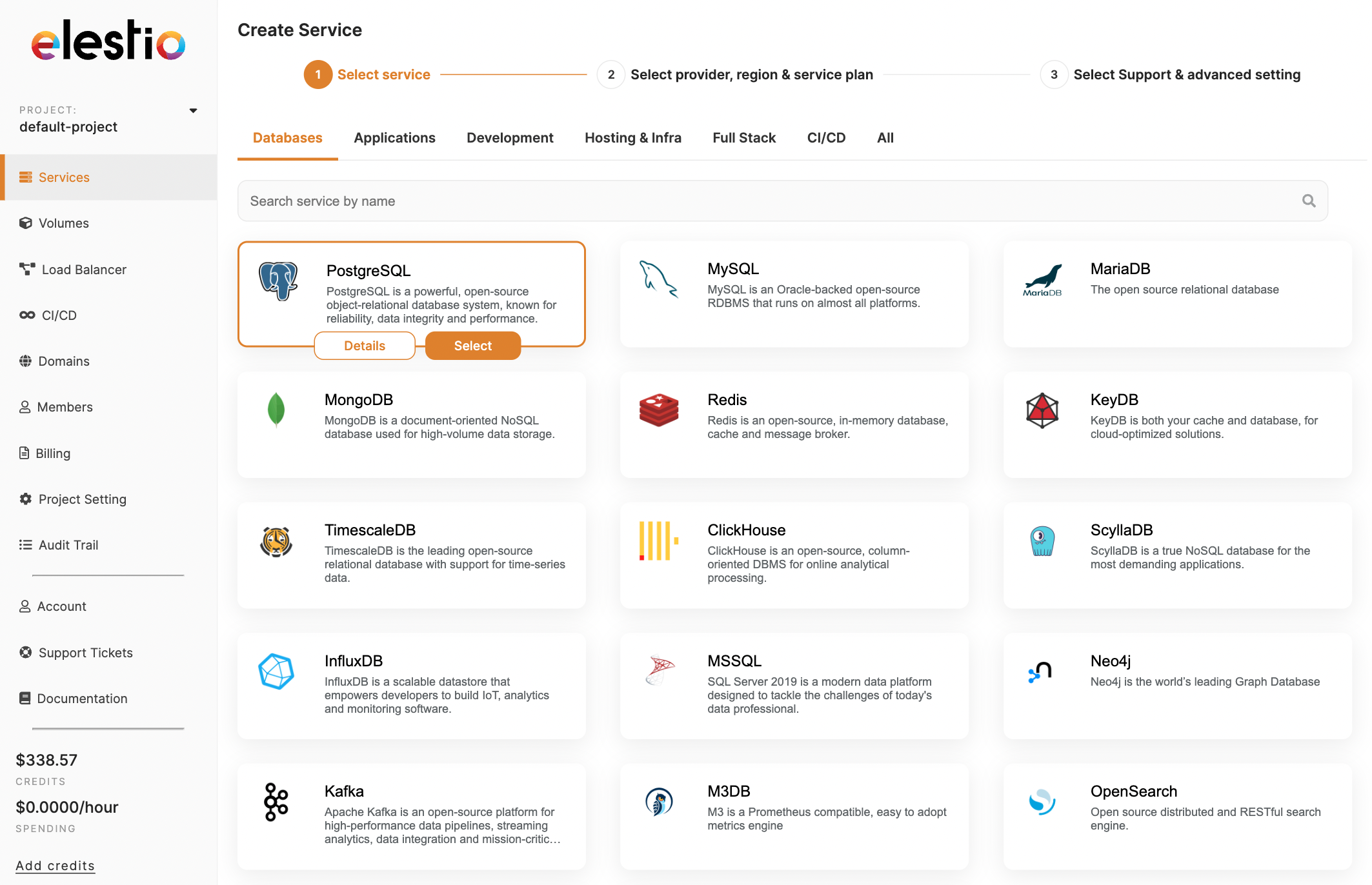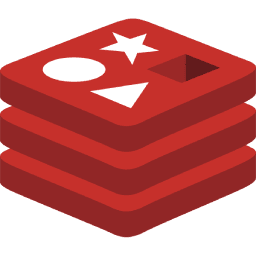We are Elestio, a managed open-source software services provider.
Elestio was originally built by our founding technical team as an internal tool to manage thousands of virtual machines running open-source software in production environments used by millions of users, Fortune 100 companies, as well as startups, web agencies, and freelancers. Our proven team has been developing and refining Elestio's core technology for over 15 years, deploying and maintaining over 12,000 production services.
























